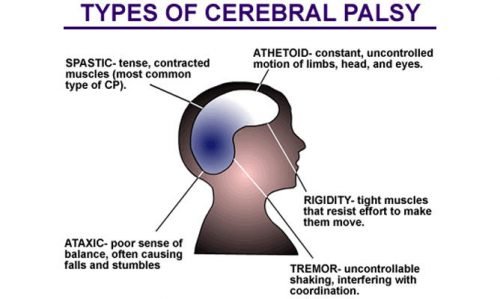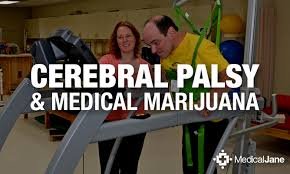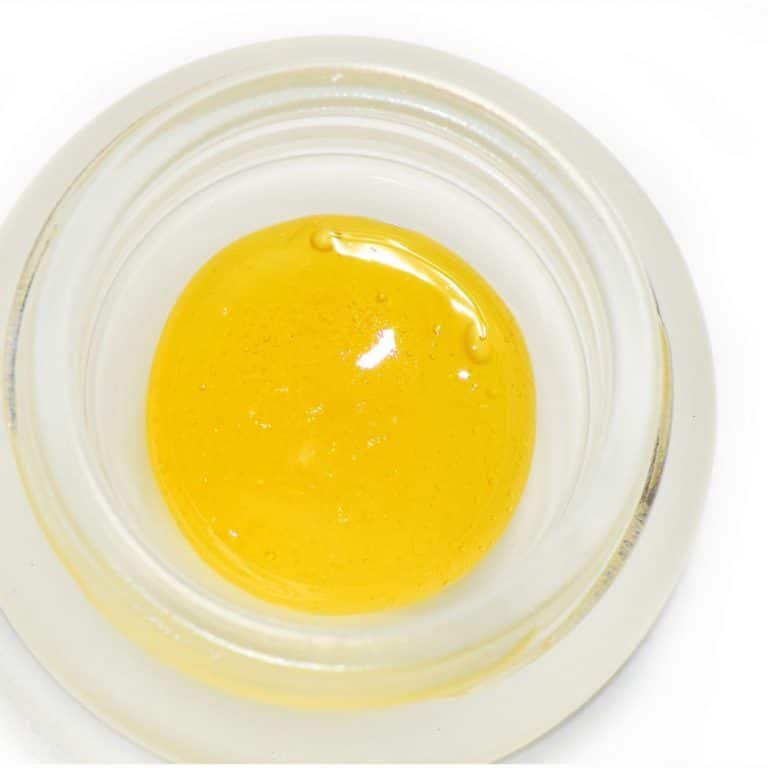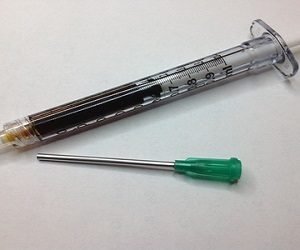What Is Cerebral Palsy (CP)?

Cerebral palsy (CP) is an incurable disorder of brain development, which generally manifest by the age of 3. This disease is associated with various signs and symptoms, such as difficulties in controlling movement that is dysfunction in coordination, precision, and posture, spasticity, stiff or tight muscles and exaggerated reflexes, changes in muscle tone or reflexes, weakness, shaking/tremor just to name a few.
Some symptoms of this disease include pain resulting from stiff muscles, incontinence, sleep disturbance, developmental, hearing, speech and vision impairments, and other just to name a few. It is estimated that 35%-50% of children with cerebral palsy also develop seizure disorders. However, the exact cause of cerebral palsy in each individual case varies and is somewhat unknown, but some strong probable causes include bleeding in the brain, lack of oxygen delivery to the brain, damage as a result of trauma, and other infections.
Medical Cannabis & Cerebral Palsy

As of now, no concrete clinical evidence has been gathered to assess the effects of medical marijuana on patients with cerebral palsy. However, the potential for marijuana as medicine for patients with cerebral palsy has been explored in some measure in the medical community with promising results reported which cannot be overlooked.
A clinical survey on pain treatments used by patients with cerebral also revealed that the treatment that was rated as providing the most relief was marijuana; even though less than 5% of the sample reported ever using marijuana for pain.
Another research published in the Reviews in Neurological Diseases also revealed that a 45-year old man with cerebral palsy and epilepsy showed “marked improvement after being administered cannabis.
Additional and important data has been also been gathered on other conditions (such as multiple sclerosis), providing sufficient evidence on the potential efficacy of marijuana in controlling symptoms often experienced by patients with cerebral palsy, such as spasticity, neuropathic pain, chronic pain, sleep disturbance, and seizures.
Despite the fact definitive cause-effect relationships cannot be evaluated by case studies, self-reported improvements can however potentially be caused by the “placebo effect. As such anecdotal evidence gathered from patients suffering with cerebral palsy should not be ignored.
The safety profile of whole- cannabis plant cannabis has been proven in most cases and under medical supervision thus allows for safe experimentation by adult patients seeking relief that may be provided by marijuana use.
Medical Cannabis May Help Manage Symptoms of Cerebral Palsy

Marijuana has proven medical efficacy for treatment of symptoms such as spasticity, pain, and sleep disturbance in other conditions, coupled with anecdotal evidence which provides additional support for its use as a treatment option for symptoms of cerebral palsy symptoms.
It is advisable for cerebral palsy patients with intractable symptoms to explore other options when standard therapies fail, marijuana being the safest because it has a relatively low side-effect profile which allows for low-risk experimentation in most cases and as such may be a potential add-on treatment option. However, more high-quality research is still needed to be conducted in order to assess whether or not marijuana is an effective treatment option for patients suffering with cerebral palsy.





